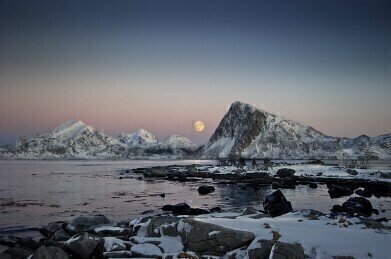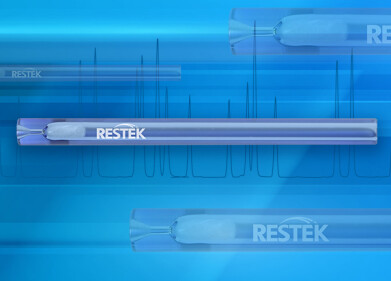Environmental Laboratory
Arctic Ocean Enters “New Era”
May 08 2015
Scientists from the Norwegian Polar Institute are claiming that the Arctic Ocean is entering a “new era” after conducting some of the first studies to visit the area during the coldest winter months.
Traditionally, vast swathes of the ocean are covered with thick sheets of ice around the year. However, recently, thinner sheets of ice have been melting and disappearing completely during the summer months. This change in habitat will have far-reaching consequences on the animal life which calls the region home.
Study Reveals More Pressing Concerns
There has long been concern about the state of the Arctic Ocean and its Antarctic equivalent at the South Pole. Since these Polar Regions are most likely to be the most susceptible to any temperature fluctuations as a result of climate change, their state has been closely monitored. Indeed, there have been grave concerns about the possibility of methane bubbles and other greenhouse gases trapped in the ice escaping in the event of a mass ice sheet thaw. Such a release could exacerbate climate change and raise temperatures even further, thus melting more ice and raising sea levels.
However, there could be an even more immediate concern. After American studies revealed that Arctic sea-ice was at its very lowest levels since records began, Norwegian scientists launched a research vessel, called the Lance, to the North Pole. The vessel was allowed to drift and gather data – the first reliable data from the Arctic region during winter months.
The research revealed valuable insight into the changing state of Arctic ice, as well as the implications this could have for those species which call the area home.
Good News and Bad News
On the one hand, the dissipating ice will allow more sunlight to penetrate the ocean, thus breeding more biodiversity below the surface of the waves for species such as plankton. However, this potential benefit is more than offset by the devastating effect that the loss of the ice sheet will have on the crustaceans, copepods and amphipods which live in the ice itself. With their loss of habitat, they will be at risk of hugely dwindling numbers and perhaps even extinction in the area.
This will inevitably have a knock-on effect on the sea birds which prey upon such lifeforms, as well as the marine fauna which feeds on them as well. The potential for large scale changes to the food pyramid as each species is affected by that upon which it feeds is clearly present. The team from Norway, led by institute director Jan-Gunnar Winther, hopes that this new information will allow us to plan for the effects of climate change more expediently.
A Difficult Undertaking
The research was the first conducted during the Arctic winter for several reasons. Not only do the scientists have to work in total darkness, but temperatures fall well below freezing. Coupled with the wind-chill factor and -21°C (a regular occurrence) can easily feel like -47°C. As a result, the scientists need to be not only hardy themselves, but must also use reliable equipment.
An interview with Steve Severn, who is managing director of Campbell Scientific, offers insights as to how his company maintains its position at the apex of equipment manufacturing specifically for difficult conditions and terrain such as the Arctic.
Digital Edition
IET 34.2 March 2024
March 2024
Gas Detection - Biogas batch fermentation system for laboratory use with automatic gas analysis in real time Water/Wastewater - Upcycling sensors for sustainable nature management - Prist...
View all digital editions
Events
Apr 22 2024 Hannover, Germany
Apr 22 2024 Marrakech, Morroco
Apr 23 2024 Kuala Lumpur, Malaysia
Apr 23 2024 Kintex, South Korea
Apr 23 2024 Edmonton, AB, Canada


















